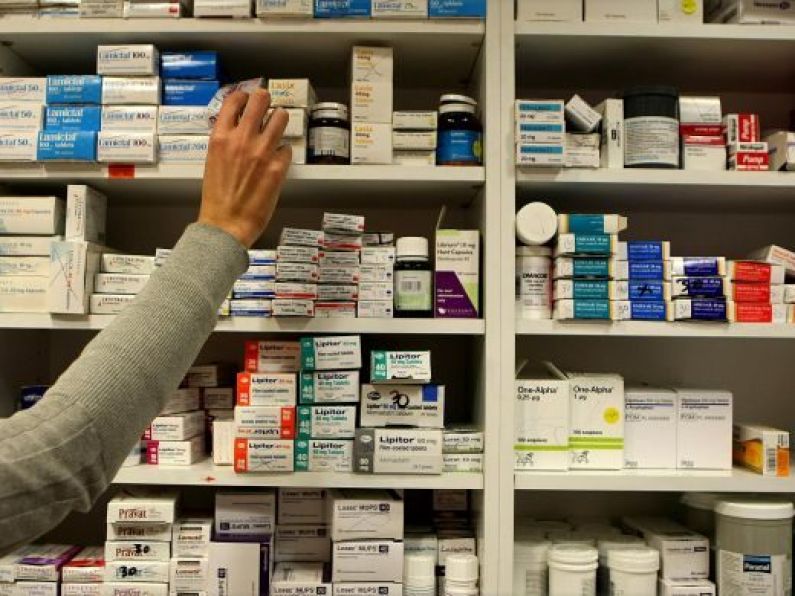A widespread shortage of medicines has increased leaving patients unable to access over 212 medicines.
Some of those medicines are used to treat the likes of respiratory and bacterial infections, strep throat, pneumonia, pain relief and blood pressure.
40% of those medicines currently out of stock are found to have just one supplier and 11 of the 212 unavailable medicines are listed on the World Health Organisation's 'critical medicines' list.
Over-the-counter cough syrups to treat adults and children are becoming increasingly hard to source, along with sprays for sore throats, dissolvable paracetamol powder, and soluble aspirin also widely unavailable.
The Medicine Shortage Index, prepared by industry experts, Azure Pharmaceuticals, analyses the most up-to-date data published by the Health Products Regulatory Authority (HPRA).
Commenting on the latest Index analysis, Sandra Gannon, Managing Director of Azure Pharmaceuticals said:
“For the second month running, we are seeing the scale of medicine shortages in Ireland and resulting impact on patients and those who care for them. It is the continuation of a trend that was first evident at the end of 2019 and has been continually worsening in the period since.
“At a time when we are desperately trying to keep people out of our hospitals and provide adequate care in the community, leaving patients without access to their vital treatments has huge knock-on implications for the current crisis in our emergency departments. Existing high-level of sicknesses and hospital demand pressures risk being exacerbated further by the medicines shortages problems.”
On measures which could be taken to tackle the problem, Ms Gannon said:
“Opening the door to alternative sources for medicines which are currently single-source [dependent] needs to be fast-tracked. Medicines will continue to follow the best prices, and until Ireland can better compete globally in this regard, the shortages we’re seeing will continue. It is also time to reflect on the learnings of Covid, broaden our manufacturing base, and de-risk our dependency on particular markets.”






